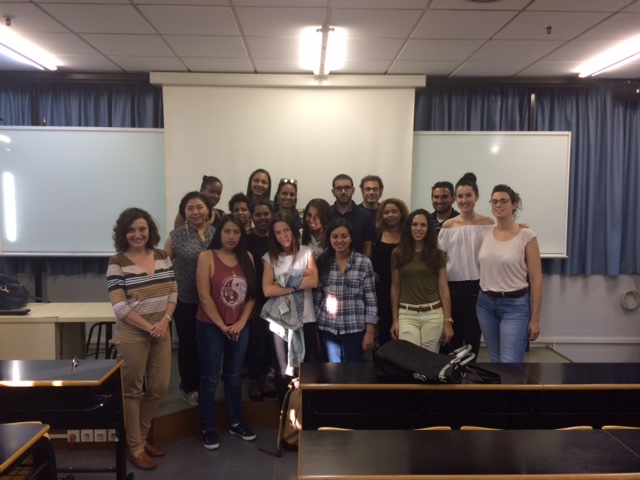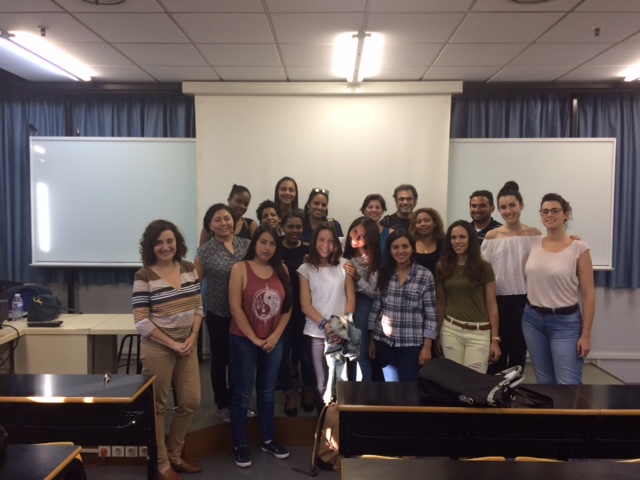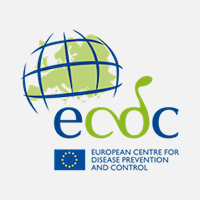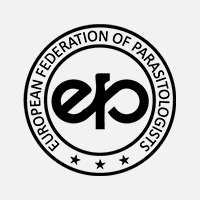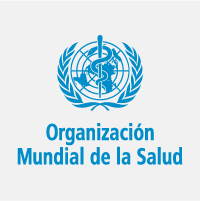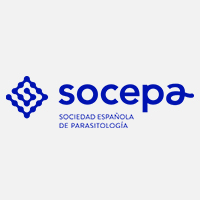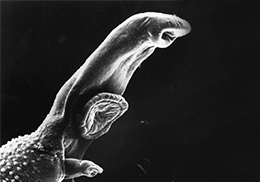
Schistosomiasis is an acute and chronic parasitic disease caused by blood flatworms (trematodes) of Schistosoma type. It is calculated that at least 258 million people needed treatment in 2014.
3 march 2016
Transmission is produced when people who are infected with schistosomiasis contaminate fresh water sources with parasite eggs, contained in excrements, which later are incubated in the water. The people are infected when the larval forms of the parasite, released by freshwater snails, penetrate the skin during the contact with infested water. Inside the organism, the larvae become adult squistosomes, which live in the blood vessels where female lay their eggs. Some of those eggs come out of the organism with faeces or urine and continue the life cycle of the parasite. Other get trapped in the body tissues, where they cause an immune response and a progressive harm of the organs.
Schistosomiasis mainly affects the poor and rural communities, particularly the agricultural and fish populations. Women who carry out household chores in infested water, for example, doing laundry, also are at risk. Children are specially vulnerable to the infection due to inappropriate hygiene and contact with infested water. The movements of refugees and migration towards cities are introducing the disease in new areas. The increase of the population and the corresponding energy and water needs often produce development plans and environmental modifications that also contribute to increase the transmission. The raise in ecotourism and the trips “out of the most known routes” are causing the rise of tourists with schistosomiasis. Sometimes tourists present acute or serious infections and rare problems such as paralysis. Urogenital schistosomiasis is also considered a risk factor for HIV infection, specially on women.
It is prevalent in the tropical and subtropical regions, specially in the most poor communities without access to drinking water nor the appropriate sanitation. According to the World Health Organisation, at least the 90% of people who need treatment against schistosomiasis live in Africa. However, four years ago the parasite was detected in people who had bathed in waters of the Cavu river, in the French island of Corsica, a very tourist destination, the four largest island of the Mediterranean sea. Infected patients have been found in France, Germany and Italy.
The permanence of the outbreak in the island during those four years indicates that the parasite has survived the winter temperatures. This fact has alarmed health authorities and has become an important focal study for medicine, since apart from presenting as a serious threat, it has been unexpected. The last case of schistosomiasis in Europe appeared in the south of Portugal and the last infected patient was cured in 1967. It was then when the disease was declared outside the European continent.
The Parasitic Disease Threat Quick Response Committee of the European Federation of Parasitologists (ECDC) is in charge of coordinating a European initiative that is being launched to evaluate and study all the matters this outbreak raises. Also serves to study the risk in the European countries Portugal, Spain and Italy and to establish a European network of experts in this type of parasites and diseases with the objective of controlling and preventing it.
On the World Health Day of the WHO, on 7 April 2015, the general director of WHO, Dr. Margaret Chan, emphasised the growing concern on the effect of climate change in these infections.
Published by: Paula Tomás Gimeno








